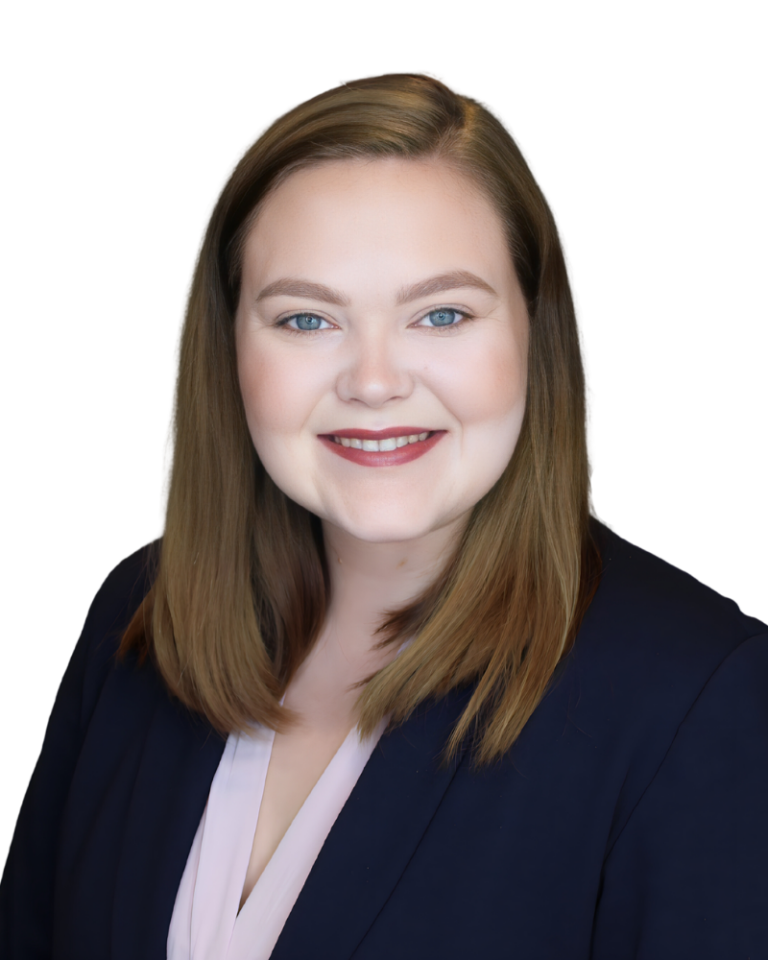Camp LeJeune Lawsuit FAQs
Video Transcript
Hi, my name is Bailey Gifford. I’m an attorney at Cooper Hurley Injury Lawyers. I’m here today with John Cooper, a fellow attorney, and we are here to talk to you all about the Camp Lejeune Justice Act and answer some common questions that we’ve been receiving from families affected by the toxic water at Camp Lejeune.
**John, what is the Camp Lejeune Justice Act?**
Just briefly, can you tell us what the Camp Lejeune Justice Act does?
John Cooper:
This very recently signed and passed Act allows families who, up till now, could not do anything about their exposure to this toxic water to make a claim against the government. This law allows them to get compensation for cancer or the death of a loved one, as long as we can show that they spent 30 days or more at Camp Lejeune.
Bailey Gifford:
And that’s a non-consecutive 30 days, correct?
John Cooper:
Right, which is interesting. Some people might have been coming and going, deployed and then returning. It’s 30 days in total, and it includes the 1950s, 60s, 70s, and 80s—30 days within those four decades.
Bailey Gifford:
Is this just for service members, or does it cover others as well?
John Cooper:
There are expected to be about a million people in the United States affected by this, including people who were working there, like a contractor or a truck driver delivering supplies to the base. It also covers service members’ families living on the base. One of the first calls we got was from a family friend whose dad was a proud Marine. Three out of his four adult children have diseases linked to the toxic water at Camp Lejeune. It’s very sad and tragic.
Bailey Gifford:
What diseases are covered by this act?
John Cooper:
Over time, scientific proof has linked various cancers to the toxic water. The list of presumptive diseases includes stomach cancers, bladder cancer, breast cancer, esophageal cancer, kidney cancer, lung cancer, and others. It also covers reproductive issues like infertility and miscarriages. The list is not exclusive, so other conditions may be linked, but they might require more proof.
Bailey Gifford:
Our consultations are always free, so even if you think you might have something covered, it’s good to call and ask.
John Cooper:
Absolutely, and we work on a percentage basis, meaning you owe us nothing until we get a result for you. There’s no money upfront, and you can talk to us without any obligation. If you decide not to hire us, that’s fine too. We are big on giving people information, so if you want to call just to find out what forms you need and where to send them, we’ll gladly tell you.
Bailey Gifford:
Can you bring a claim for someone who has already passed away?
John Cooper:
Yes, this new law removes the statute of limitations for these claims. There’s a new two-year limit starting from the enactment of this law. If the death occurred years ago, it doesn’t matter—as long as the person was exposed and died from one of these conditions, the family can make a claim.
Bailey Gifford:
I’ve had people remark that they are not in any rush. What is your response to that?
John Cooper:
It’s better to hire us early, not just for our benefit but for yours. We can start collecting the necessary paperwork and filing the claims sooner. We are familiar with the local Naval legal services here in Norfolk, Virginia, where these claims will be processed. Getting your claim in early could potentially result in a faster resolution.
Bailey Gifford:
What is the basic outline of how the claim process will happen?
John Cooper:
There’s a form available online, and we will help you fill it out and send it to the folks in Norfolk. This process is called “exhaustion of administrative remedies,” meaning you must go through the claims process first before you can file a lawsuit. All cases will be housed in the Eastern District of North Carolina, and we are licensed to practice there. We will handle everything, so you don’t have to worry about it.
Bailey Gifford:
What are some reasons that make Cooper Hurley Injury Lawyers stand out from other firms handling these cases?
John Cooper:
We are a local personal injury firm with experience in mass torts, offering personal attention to each case. You can call us directly, and we will know about your case. Unlike national firms, we are here in Norfolk, Virginia, and familiar with the local claims process.
Bailey Gifford:
How will a claim under this act affect VA benefits?
John Cooper:
It will not affect your VA benefits. This claim is entirely separate from VA benefits, allowing for regular damages like pain and suffering. Even if you were denied VA benefits in the past, this claim is different.
Bailey Gifford:
How is this claim different from a class action?
John Cooper:
This is a mass tort, not a class action. Your case is handled individually by us, and you get personalized attention. We may team up with other lawyers for support, but you will always have us as your primary attorneys.
Bailey Gifford:
What is the value of these cases?
John Cooper:
The value is to be determined, but each case is valuable. It’s worth pursuing if you suffered from the toxic water at Camp Lejeune.
Bailey Gifford:
This is just the tip of the iceberg of questions you might have. Our consultations are free, so please call us anytime at 757-333-3333. Bailey Gifford and John Cooper, we will be your attorneys if you want us to be. Thank you.



